Growing up under the roof of a domineering and manipulative grandmother, my early life was marred by unhealthy eating habits, psychological torment, and a profound sense of isolation. This experience, though harrowing, isn’t unique in a society that often struggles to address the complexities of mental health, body shaming, and the dynamics of traditional family roles.
My country, with its rich tapestry of culture and tradition, also harbors a deep-seated reverence for elders. This cultural norm, while fostering family bonds, can sometimes mask toxic behaviors, making it difficult for younger family members to challenge or even recognize the harm being done.
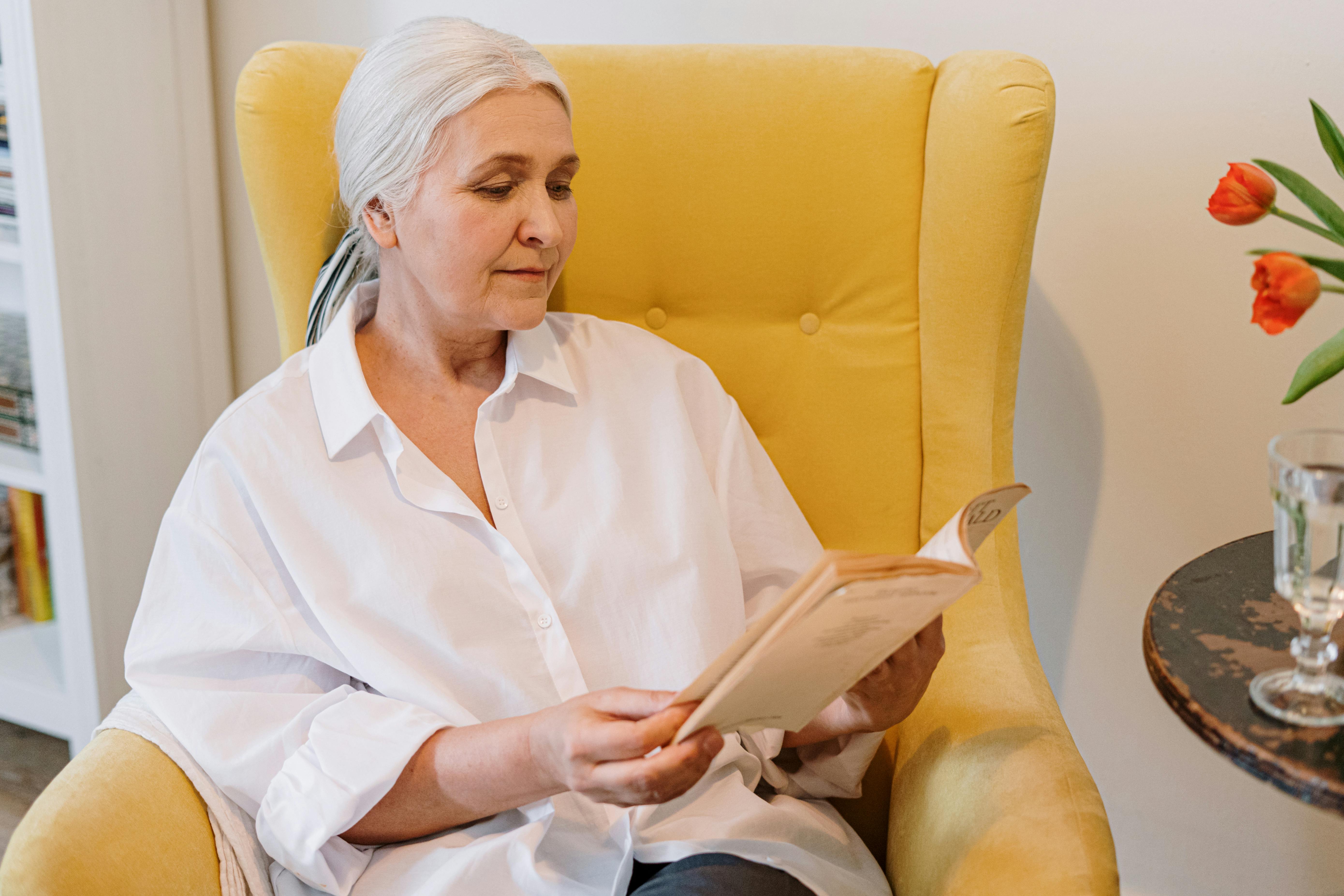
A grandmother reading in a chair | Source: Pexels
My grandmother’s abuse, veiled under the guise of care and affection, was a testament to this darker aspect of our cultural practices. It wasn’t just about the food; it was about control, about asserting dominance over a young girl who had no one else to turn to.
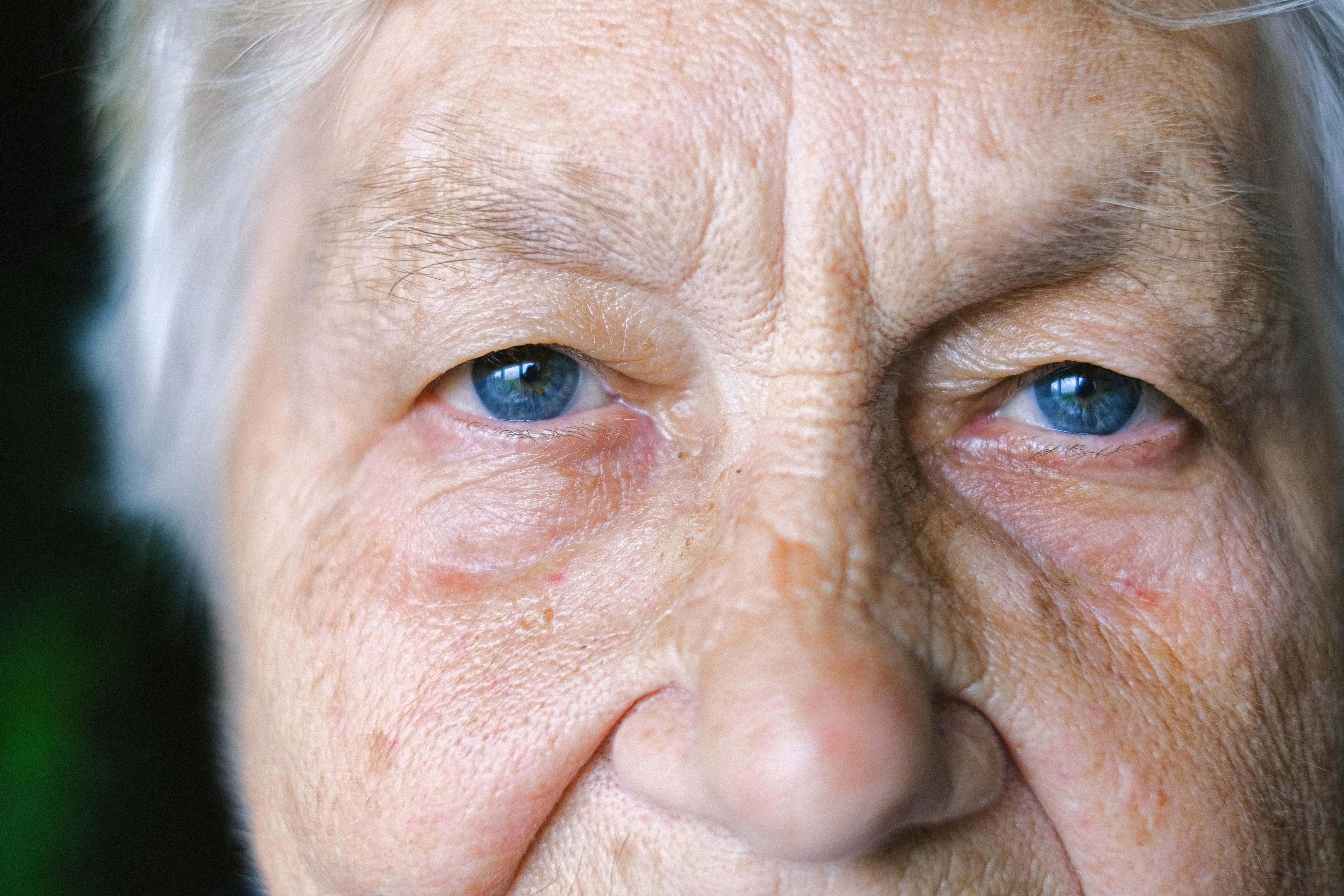
A grandma’s strict glare | Source: Pexels
The food, deep-fried and sugary, became a weapon of choice, a slow poison that not only affected my physical health but became a source of emotional and psychological torment. The obesity it led to was just a symptom of a much deeper malaise, one rooted in a lack of empathy and understanding, and a failure to recognize the real needs of a child.

Woman with a tape measure | Source: Pexels
My transformation, therefore, was more than just shedding excess weight. It was a rebellion against a system that had failed me, a society that often turns a blind eye to the nuances of child abuse, and a personal struggle against the ingrained beliefs that had led me to view myself through a lens of disgust and self-loathing.

A scale and tape measure | Source: Pexels
Learning to love my body was a journey that took me beyond just physical fitness; it required me to dismantle years of negative conditioning, to see beyond the lies I had been told about my worth, and to rediscover my strength not just physically, but emotionally and mentally.

A worrying about her weight | Source: Pexels
Kalaripayattu, the martial art form I now practice, became not just a means to physical health, but a pathway to mental resilience and spiritual peace. It taught me the value of discipline, of harmony between the body and the mind, and the strength that comes from within. Yoga, with its focus on balance and inner calm, complemented this journey, helping me find a center of peace within the chaos that had once defined my life.

A woman working out | Source: Pexels
Now, even though I managed to break free from my grandmother’s stranglehold over me and lose the weight she had forced me to put on, I was still seething about how I was treated. My grandmother faced no consequences for her actions and I felt she needed to be taught a lesson.

Oily foods | Source: Pexels
See, in my country, the practice of bartering clothes for steel utensils from door-to-door vendors, though increasingly rare, persists in certain parts. This tradition, deeply rooted in the pragmatism and resourcefulness of rural and small-town life, became an unlikely battleground in the ongoing war between my grandmother me, a figure whose love for hoarding was matched only by her talent for manipulation.

Steel cooking utensils | Source: Pexels
Grandmother’s obsession with accumulating utensils, to the point of hoarding, created a surreal dynamic within our household. These were utensils that saw neither the light of day nor the touch of food; they were her treasures, guarded more fiercely than any family heirloom, and their acquisition often came at our expense.

A set of knives | Source: Pexels
The clothes we outgrew, and sometimes those we hadn’t, became currency in her relentless pursuit of more pots and pans. Her hoarding was indiscriminate, sparing none. My clothes, freshly bought and full of the promise of a new beginning as I embarked on a journey of self-reinvention after losing weight, were her latest victims.
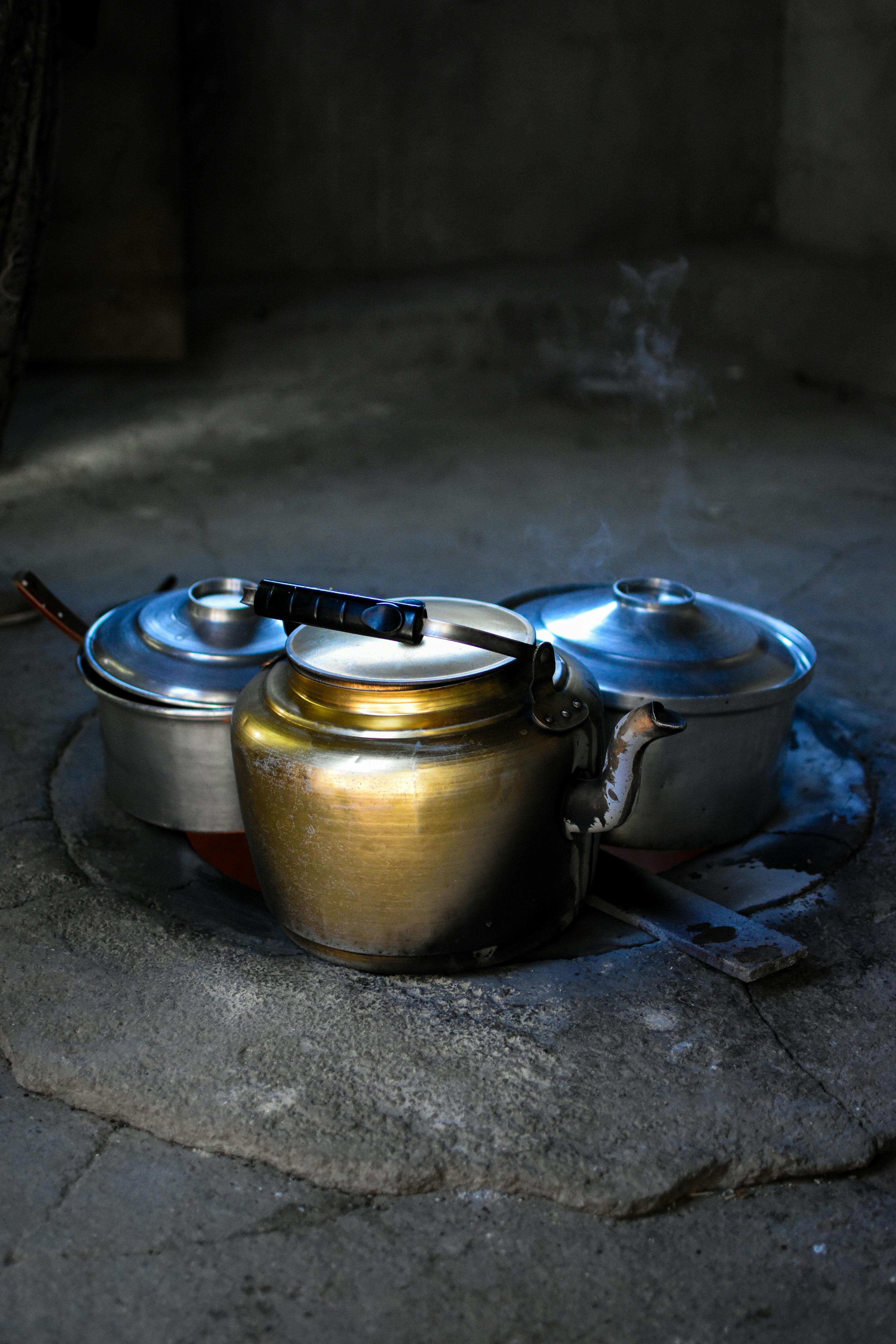
Pots and a kettle | Source: Pexels
Coming home to find my new wardrobe vanished, replaced by yet another set of “useful” utensils, ignited a fury in me that had been simmering for years. The confrontation that followed was inevitable, a crescendo in the symphony of our discord.

A drawer full of clothes | Source: Pexels
It wasn’t just about clothes or utensils; it was a stand against years of tyranny, against the erosion of my self-worth, and the casual dismissal of my identity and choices under the guise of tradition and familial duty.

An angry young woman | Source: Pexels
The subsequent showdown in our home, with my stepmother by my side, marked a turning point. For once, the lines were drawn, and my father’s intervention, though a small victory, felt like a breath of fresh air in the stifling atmosphere of grandmother’s reign of control. Yet, the satisfaction was short-lived, for the wrongs done to me were deep and personal, demanding a more tangible form of retribution.
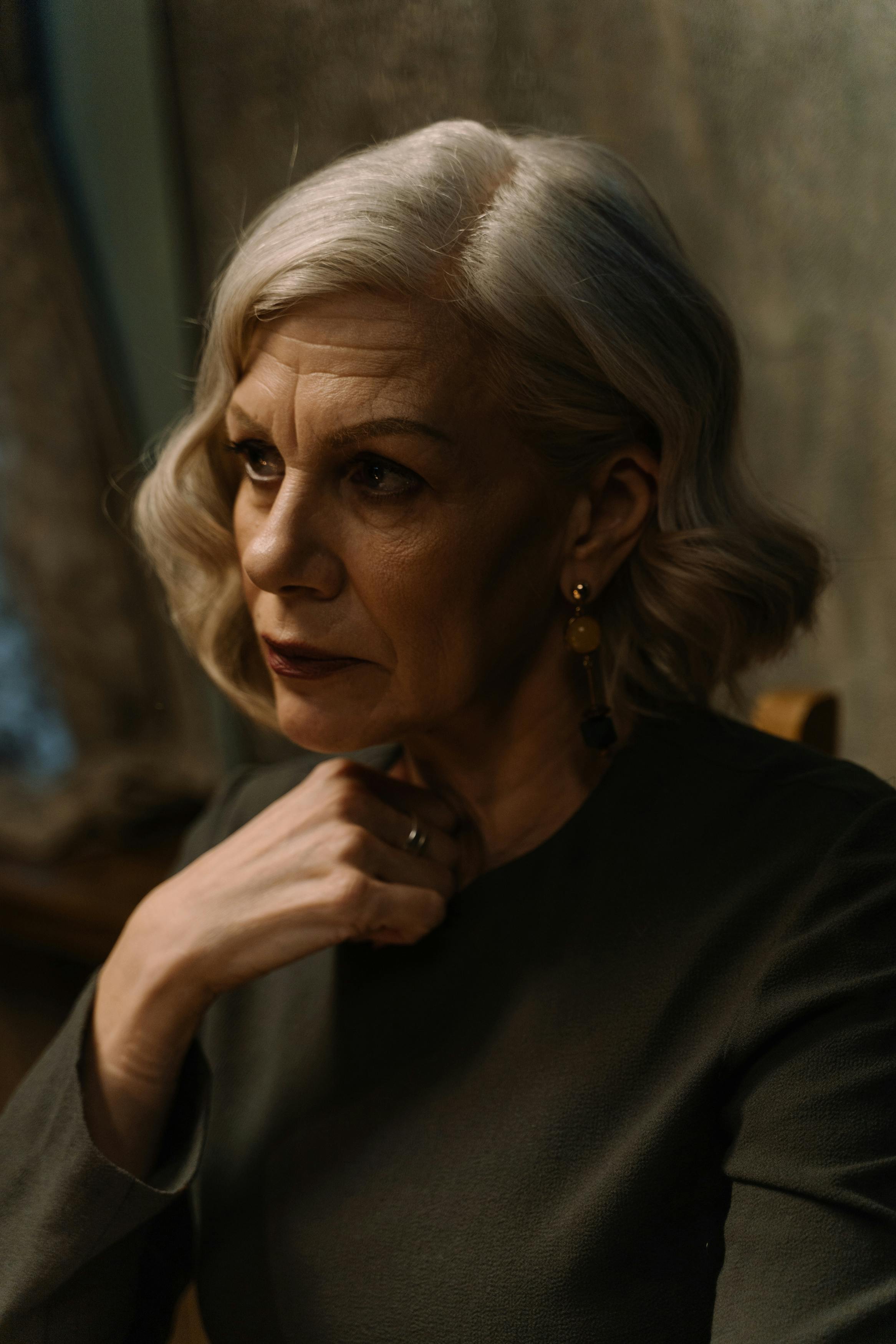
An upset older woman | Source: Pexels
My act of rebellion, stealing into her room to liberate her prized utensils and donating them to a shelter, was more than just payback. It was a declaration of independence, a reclaiming of power, and an assertion that I, too, could play the game by her rules. The satisfaction of her discovery, her incredulous wail at the loss of her treasures, was a balm to years of wounds.
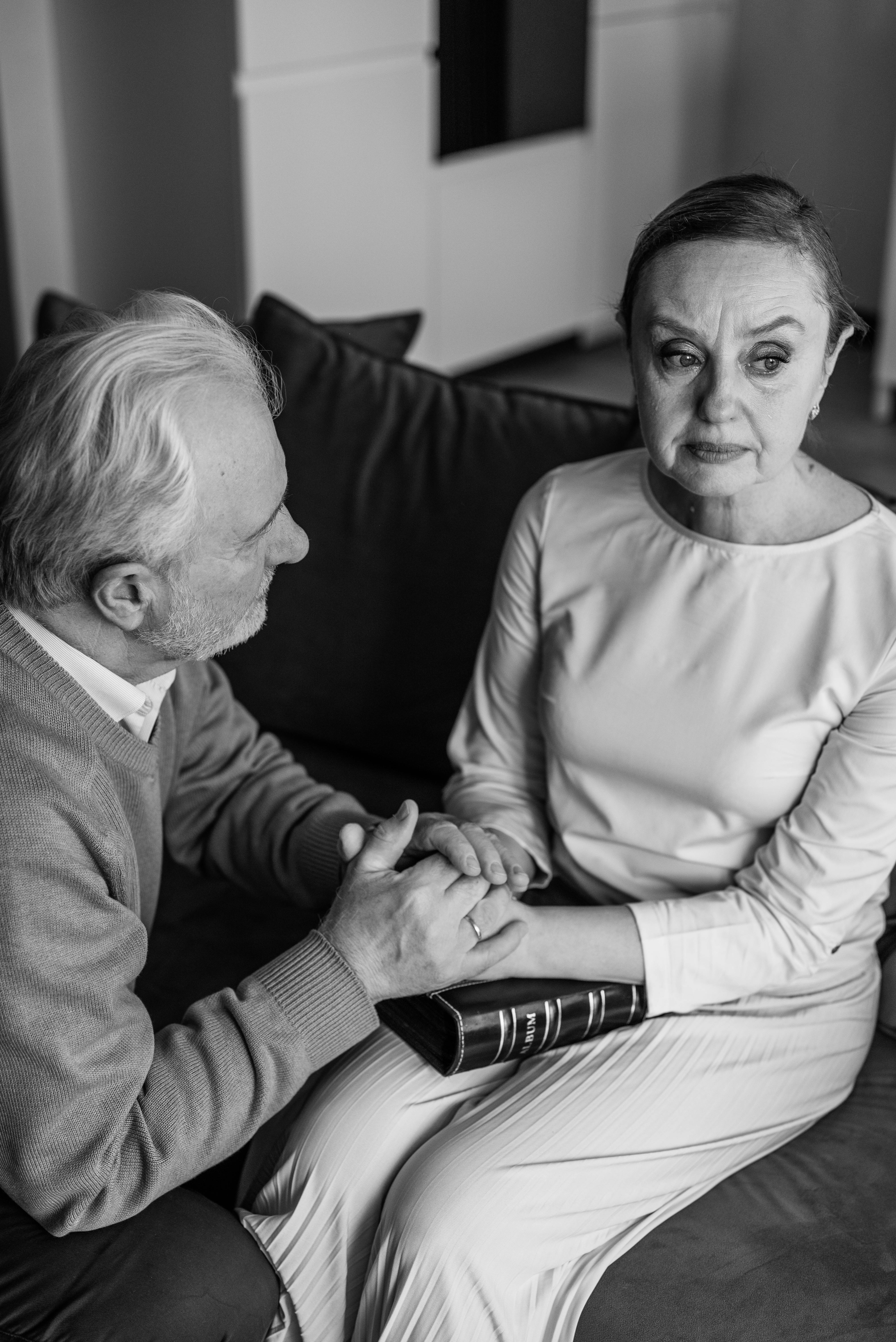
A crying older woman | Source: Pexels
My admission of the deed, in the face of her outrage and my father’s silent disapproval, was a stand I was proud to take, a moment of clarity in the chaos that had defined much of my life.
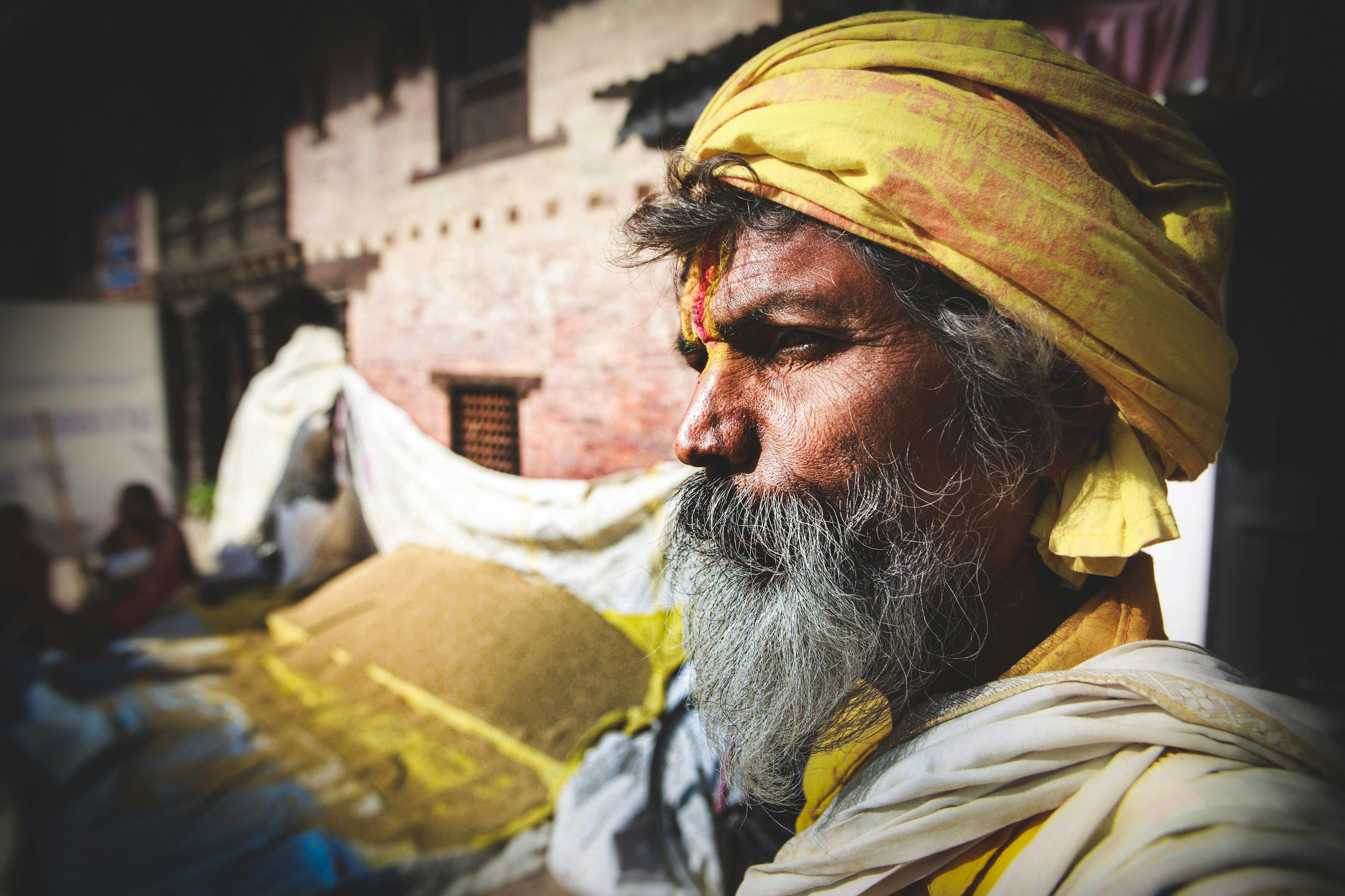
A frowning man | Source: Pexels
That night, I slept with a sense of peace and vindication that had eluded me for years. The battle might have been petty in the grand scheme of things, but it was symbolic, a strike against the cycle of abuse and neglect that had colored my relationship with my grandmother. It was a reminder that, sometimes, justice comes not from the resolutions we hope for, but from the actions we dare to take.

A woman sleeping well | Source: Pexels
In the aftermath, life in our household carried on, marked by a newfound boundary that grandmother dared not cross. My victory was small, perhaps insignificant in the broader narrative of family dynamics and cultural practices.

A happy woman | Source: Pexels
Yet, it was profoundly transformative for me, a step towards reclaiming my agency and asserting my worth in the face of oppression and manipulation. It was a testament to the fact that even in the most traditional of societies, change is possible, one small act of defiance at a time.
What do you think about this situation? Let us know on Facebook!





